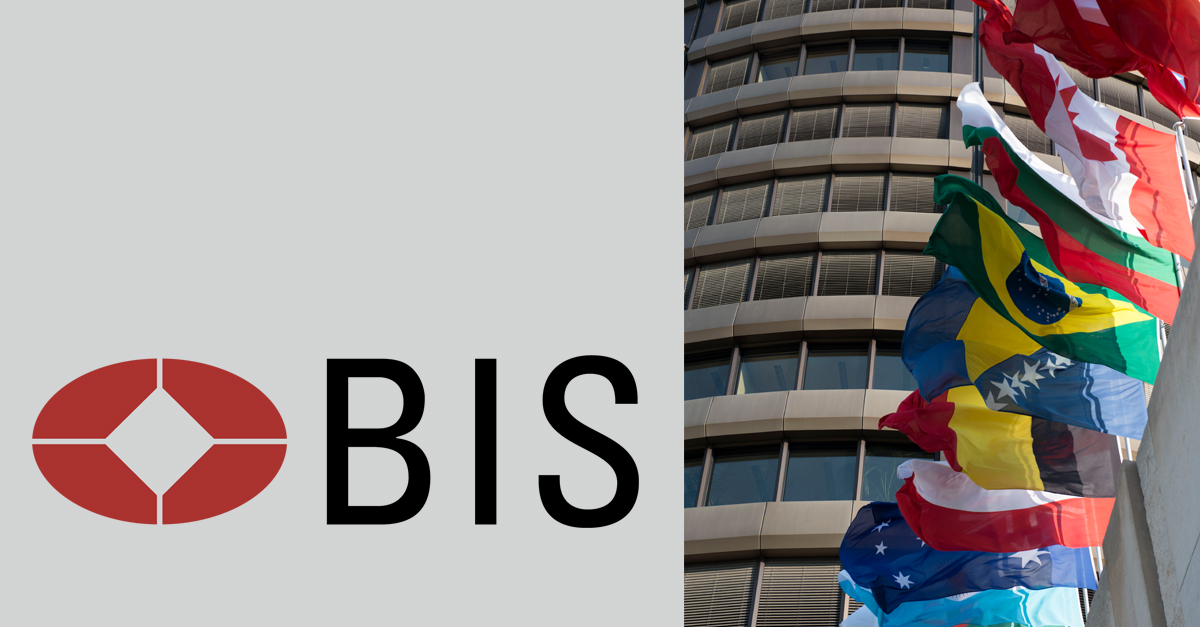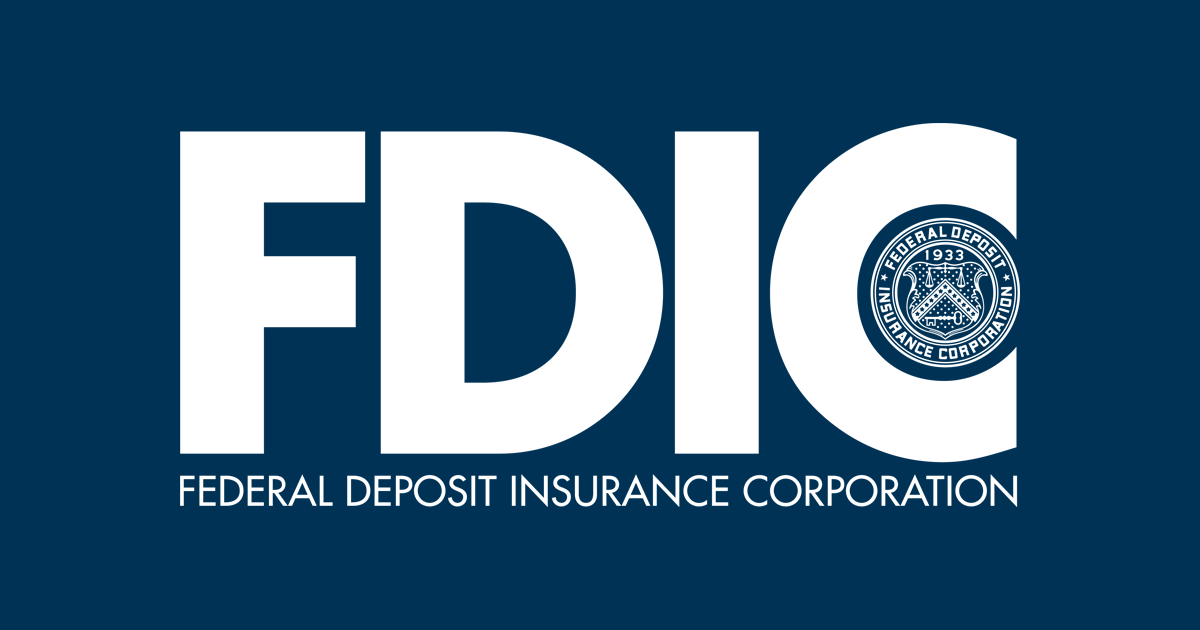- Messages
- 23,523
- Reaction score
- 4,327
- Points
- 288
Contains a link to an 11-page pdf. Nothing too technical, easy read.
Read the rest:

 www.bis.org
www.bis.org
Michelle W Bowman: Tailoring, fidelity to the rule of law, and unintended consequences
Thank you for the invitation to join you this evening at Harvard Law School. It is an honor and a pleasure to speak to this distinguished group. To kick off our conversation, I would like to frame the discussion by offering my views on a key element underpinning the U.S. bank regulatory framework: the role of tailoring. While the principle itself is simple - setting regulatory priorities and allocating supervisory resources in a risk-based way - the consequences of tailoring (or not) can reverberate throughout the banking system, the broader U.S. financial system, and the economy. I see a clear nexus between tailoring and fidelity to the law, including a targeted focus within our statutorily mandated prudential responsibilities.Read the rest:

Michelle W Bowman: Tailoring, fidelity to the rule of law, and unintended consequences
Speech by Ms Michelle W Bowman, Member of the Board of Governors of the Federal Reserve System, at the Harvard Law School Faculty Club, Cambridge, Massachusetts, 5 March 2024.







